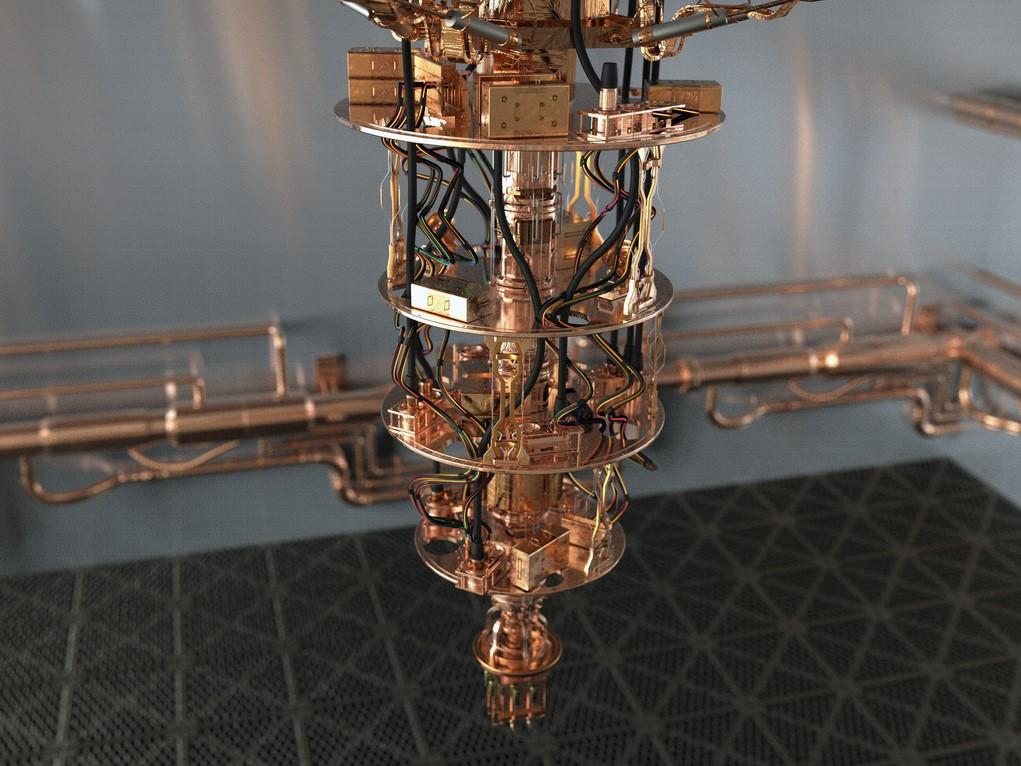Researchers have achieved a major milestone in quantum computing after successfully generating “truly random” numbers using the next-generation machines.
Quantum computers hold the potential to be orders of magnitude more powerful than the world’s best supercomputers by replacing traditional bits – the ‘ones’ and ‘zeros’ used to store and transfer digital data – with quantum bits, called qubits, that make use of a quantum phenomena known as superposition to exist in two states at once.
This allows each qubit to serve as both a ‘one’ and a ‘zero’ simultaneously, so that each one added makes them exponentially more powerful than their traditional counterparts. However, their complexity means that scientists have struggled to realise their utility for practical tasks.
The researchers behind the latest breakthrough – who hail from the banking giant JPMorgan Chase, quantum computing Quantinuum, Argonne National Laboratory, Oak Ridge National Laboratory and The University of Texas – paves the way for quantum computers being used in real-world applications that are impossible using classical computers.
“Today, we celebrate a pivotal milestone that brings quantum computing firmly into the realm of practical, real-world applications,” said Dr Rajeeb Hazra, president and CEO of Quantinuum.
“Our application of certified quantum randomness not only demonstrates the unmatched performance of our trapped-ion technology but sets a new standard for delivering robust quantum security and enabling advanced simulations across industries like finance, manufacturing and beyond.”

Marco Pistoia, head of global technology at JPMorganChase, added: “This work marks a major milestone in quantum computing, demonstrating a solution to a real-world challenge using a quantum computer beyond the capabilities of classical supercomputers today.
“This development of certified randomness not only shows advancements in quantum hardware, but will be vital to further research, statistical sampling, numerical simulations and cryptography.”
Using a 56-qubit quantum computer accessed over the internet, the team demonstrated a protocol that generated random bits in order to produce random numbers. These were then verified as random using a classical supercomputer.
Creating random numbers in this way could be used in a range of applications, including cryptography, privacy, and creating cryptocurrencies that have extremely low energy demands.
The breakthrough was detailed in a paper, titled ‘Certified randomness using a trapped-ion quantum processor’, published in the journal Nature on Wednesday.
“Although quantum computers can perform a wide range of practically important tasks beyond the abilities of classical computers, realising this potential remains a challenge,” the scientists wrote in the paper.
“Certified randomness has many applications but is impossible to achieve solely by classical computation… Our results demonstrate a step towards the practical applicability of present-day quantum computers.”





